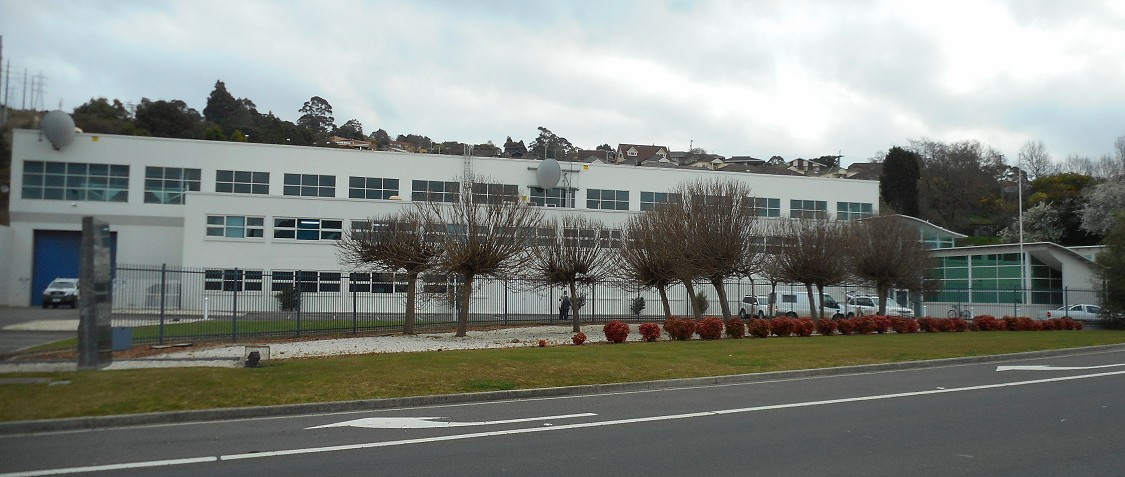Two posts, from two visits with different content.
Trevallyn Power Station was built 1955, and replaced Duck Reach. It's managed by Hydro Tasmania. A few years back, the state-owned HEC was broken up into 3 companies: the Hydro, who generate the power; Transend, who transmit it, and Aurora, who deal with the consumer side.

This is the Exciter floor. The two generators at the back are originals. The fore two have been replaced and I think recently refurbished. Just the front one was operating at the time.

The platform at the back is where they're constructed. Then they are lifted into place by the crane which you can see in the previous photo.

From the platform end.

There was some discussion about the technical aspects of hydro power generation but I missed it. But basically, you create electricity by turning a magnet inside a loop of wire so most forms of electricity generation involve finding a way to turn the magnet. Obviously with hydro power, the moving water does the turning and thus electricity is generated.



The former control room.

Some of these controls are still used but mostly they're just kept for show and the controls are handled from Hobart.


View out of the window of the tail race.

The schematic actually shows a generator at Poatina. There are some slight technical differences but the principles are the same, with exciter on the top and the turbine at the bottom where the water enters (pink bits). Eighty per cent of the cost of constructing a hydro-power station is in the construction of the dam and the tunnel and related bits.

The Alternator Floor.



The Turbine Floor is the lowest level. If it was to flood, due to a pipe breaking or something, it'd take about 0.5 to 2 minutes to fill with water.

That's where the water comes in (the black bit on the right).


That's the turbiney bit for the generator that was operating.

Prompted by a question, the guide says the Snowy River scheme has the capacity to generate more electricity than the Hydro but they don't.

Power generating machinery as art.


That's the turbine for one of the older generators, which is due to replaced at a cost of about $15 million or more.


Some big tools.

The tail race to finish off, where the run off from the power station goes. A popular recreational area (boating, fishing and an adjoining park).

























